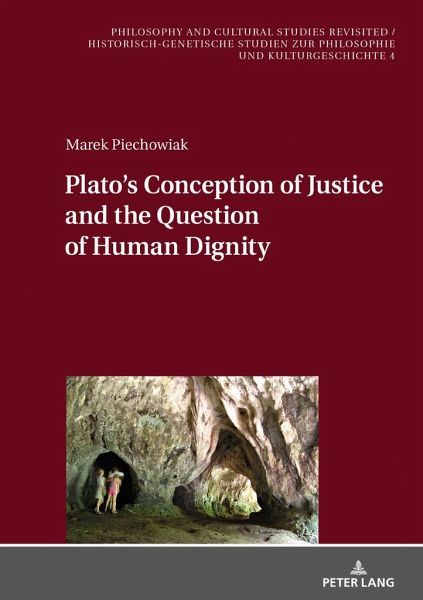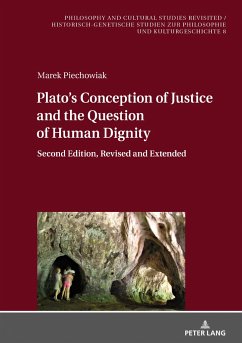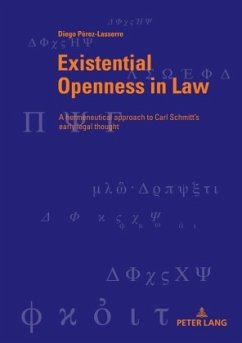
Plato's Conception of Justice and the Question of Human Dignity
Versandkostenfrei!
Versandfertig in 6-10 Tagen
72,65 €
inkl. MwSt.

PAYBACK Punkte
0 °P sammeln!
This book is the first comprehensive study of Plato's conception of justice. The universality of human rights and the universality of human dignity, which is recognised as their source, are among the crucial philosophical problems in modern-day legal orders and in contemporary culture in general. If dignity is genuinely universal, then human beings also possessed it in ancient times. Plato not only perceived human dignity, but a recognition of dignity is also visible in his conception of justice, which forms the core of his philosophy. Plato's «Republic» is consistently interpreted here as a...
This book is the first comprehensive study of Plato's conception of justice. The universality of human rights and the universality of human dignity, which is recognised as their source, are among the crucial philosophical problems in modern-day legal orders and in contemporary culture in general. If dignity is genuinely universal, then human beings also possessed it in ancient times. Plato not only perceived human dignity, but a recognition of dignity is also visible in his conception of justice, which forms the core of his philosophy. Plato's «Republic» is consistently interpreted here as a treatise on justice, relating to an individual and not to the state. The famous myth of the cave is a story about education taking place in the world here and now. The best activity is not contemplation, but acting for the benefit of others. Not ideas, but individuals are the proper objects of love. Plato's philosophy may provide foundations for modern-day human rights protection rather than for totalitarian orders.














